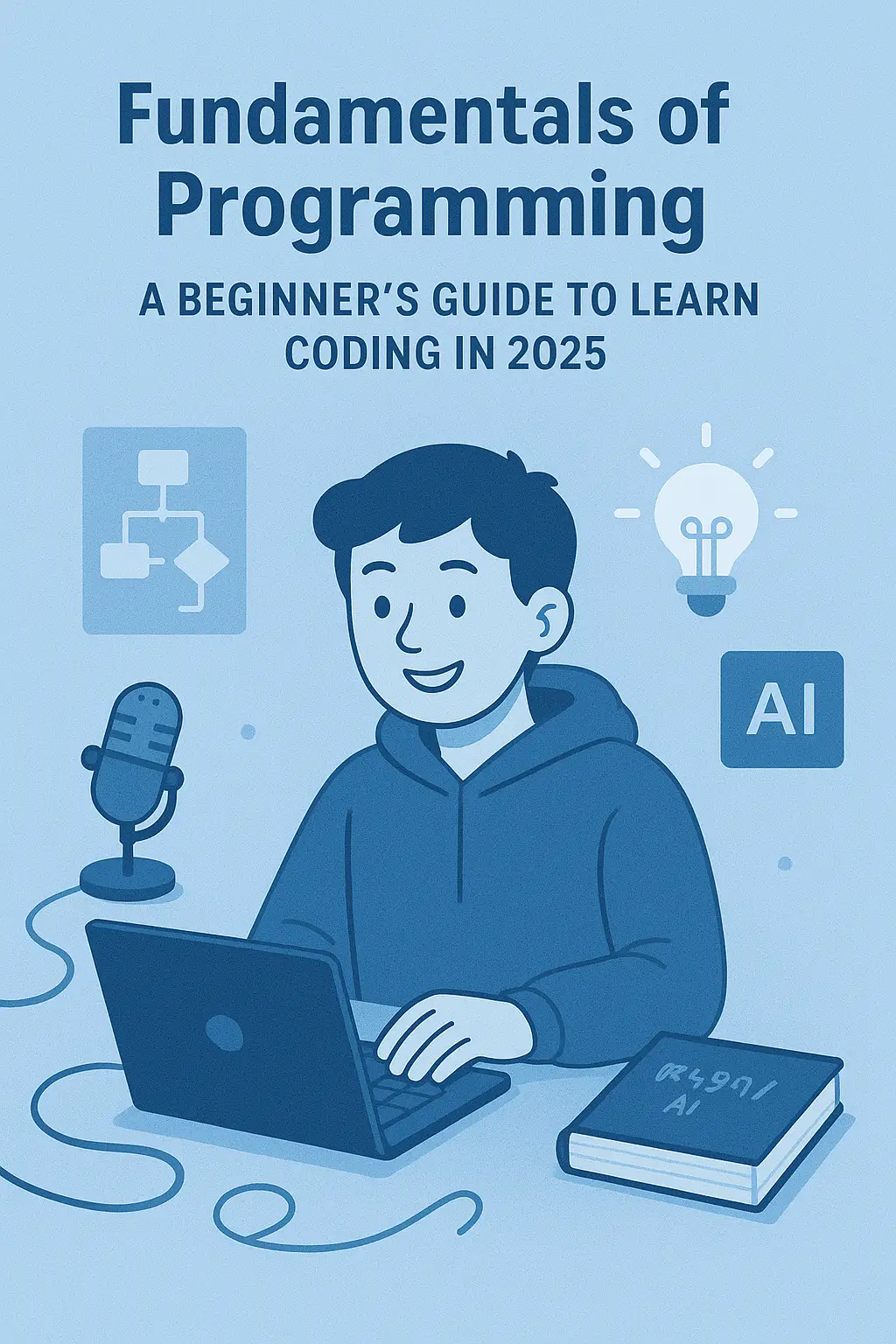Introduction
Interested in learning how to code in 2025? You're in the right place. Programming is one of the most valuable skills today, opening doors to exciting careers and creative opportunities. This beginner-friendly guide will introduce you to the core concepts of programming and help you take your first steps in the world of coding.
1. What Is Programming?
Programming is the process of writing instructions that a computer can follow. These instructions are written using programming languages to create software, apps, websites, and more.
Think of it as giving the computer a recipe to follow—each line of code tells it what to do.
2. Choosing Your First Language
There are many programming languages out there, but beginners often start with:
- Python: Simple syntax, great for learning basics.
- JavaScript: Ideal for web development.
- Scratch: Visual coding perfect for young learners.
Choose one based on what you want to build, then stick with it as you learn the fundamentals.
3. Key Programming Concepts
Every language has its own syntax, but the core concepts stay the same. Here are a few essentials:
- Variables: Store and manage data.
- Data Types: Numbers, text (strings), and more.
- Operators: Perform calculations or comparisons.
- Conditionals: Make decisions in code using if/else.
- Loops: Repeat actions (for, while).
- Functions: Reusable blocks of code.
4. Practice Through Projects
The best way to learn programming is by building projects. Start small with things like:
- A calculator app
- A to-do list in the browser
- Interactive stories with Scratch
As you grow more confident, tackle bigger challenges like games or simple websites.
5. Use the Right Tools
You don’t need fancy gear to code—just a computer and a good code editor. Some beginner-friendly tools include:
- Replit: Code online without setup
- VS Code: A free, powerful code editor
- Scratch: Visual programming for absolute beginners
6. Don’t Be Afraid of Mistakes
Errors are a normal part of coding! Debugging teaches problem-solving. When something doesn’t work, use it as a learning opportunity. Google errors, ask for help in forums, or experiment until it clicks.
7. Stay Curious and Keep Learning
Programming is constantly evolving, so embrace a growth mindset. Follow tutorials, take online courses, and keep challenging yourself with new ideas and tools.
Conclusion
Learning to code in 2025 is both accessible and exciting. With the right mindset, tools, and guidance, you can go from complete beginner to confident coder. Start with the fundamentals, build simple projects, and grow from there.
The world of programming is waiting—take your first step today!








